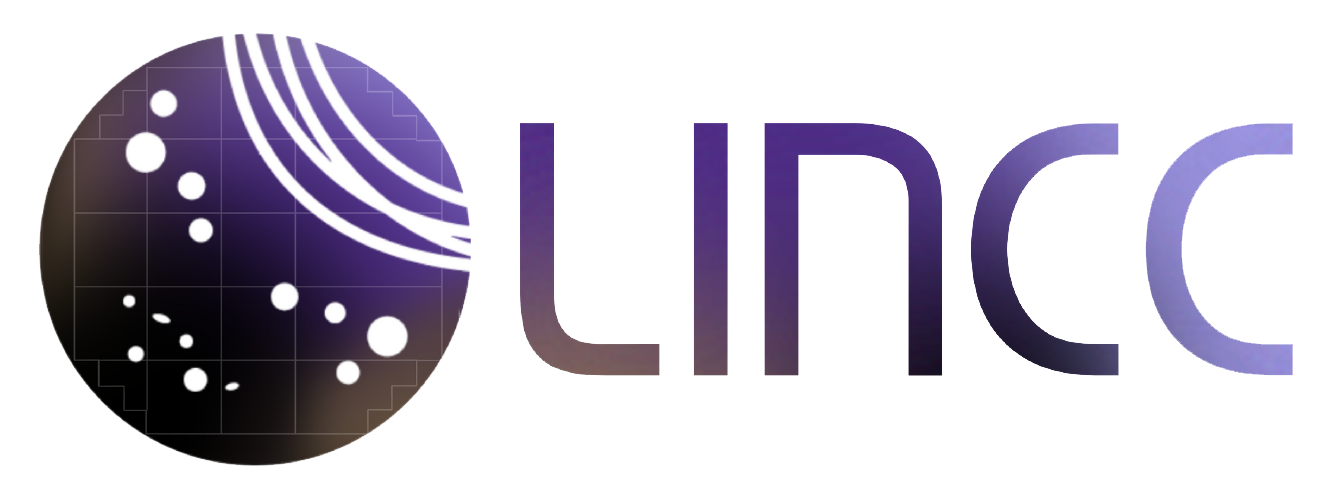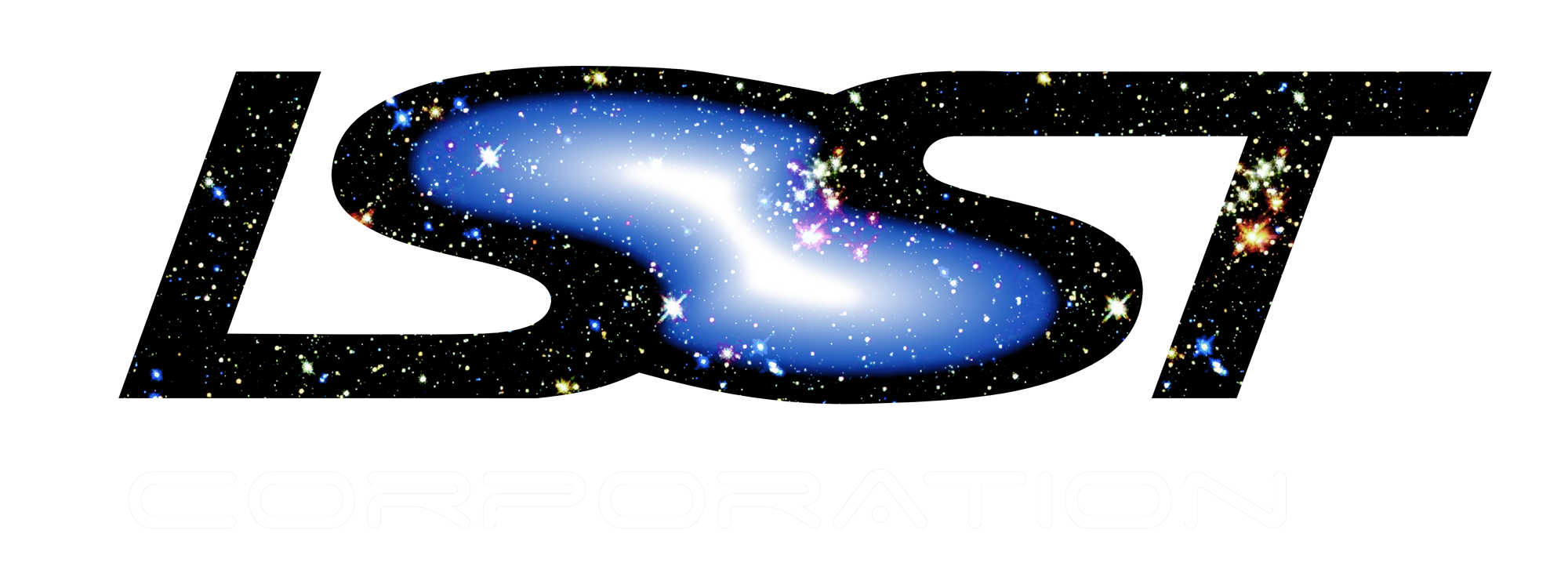Jeff Newman, janewman@pitt.edu
An LSSTC Postdoc at Pitt will benefit from local expertise in the Rubin Observatory together with access to other complementary proprietary datasets, including DES (Dark Energy Survey), DESI (Dark Energy Spectroscopic Instrument), SDSS-V, PFS (Prime Focus Spectrograph), and the Simons Observatory. Pitt is institutionally committed to the success of Rubin/LSST and has funded a long-term research faculty position in support of survey astrophysics efforts including LSST and has an additional DESC-focused research faculty member as part of the Pitt Center for Research Computing. Particular areas of focus for Rubin Observatory efforts at Pitt include photometric redshifts (a key tool for all extragalactic science with Rubin); supernova science; and the Pitt-Google Broker, one of the Rubin Observatory-approved transient event brokers that will classify and announce news of the changing and variable sky to the world. The synergies of these projects with Rubin will enable postdocs to undertake whole new types of studies both leading up to and during the main LSST survey period.
A further benefit is the rich collaborative environment between the University of Pittsburgh and neighboring Carnegie Mellon University. We enjoy long-standing broad and deep collaborative connections with departments that are within walking distance of each other. CMU will host a team of software developers as part of the LSSTC LINCC program, while Pitt will host two additional research scientists as part of this effort. Their proximity will enable a mutually-beneficial collaboration with an LSSTC postdoc at Pitt, aiding postdocs in their scientific efforts and providing essential scientific feedback to the software team
Responsibilities and opportunities for postdoctoral fellows match their transitory career stage, and are intended to prepare them for permanent or faculty positions. Our mentoring plans build on this perspective:
• Our research faculty are deeply involved in SDSS, DESI, PFS and LSST DESC and in the educational and training of astronomers in software engineering. Postdocs will be welcomed and brought up to speed in both our local and wider Rubin LSST computational resources.
• Postdocs will be encouraged to organize workshops on topics of interest which can be financially sponsored by PITT PACC, providing both organizing experience and a major boost to visibility.
• Talk slots in the joint astronomy seminar will be reserved for LSSTC postdocs on an annual basis, providing speaking experience to prepare them for seminars elsewhere
• Postdocs will be encouraged to participate in leadership activities within LSST Collaborations.
• We will hold biweekly Rubin research meetings for faculty, postdocs, and students from both Pitt and CMU, providing postdoc opportunities to discover new research problems and to speak about their work.
https://www.physicsandastronomy.pitt.edu/research/astrophysics-and-cosmology



